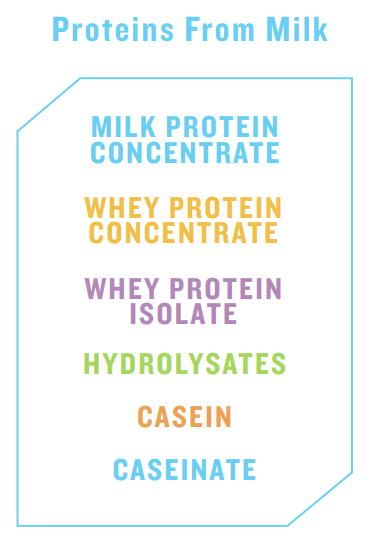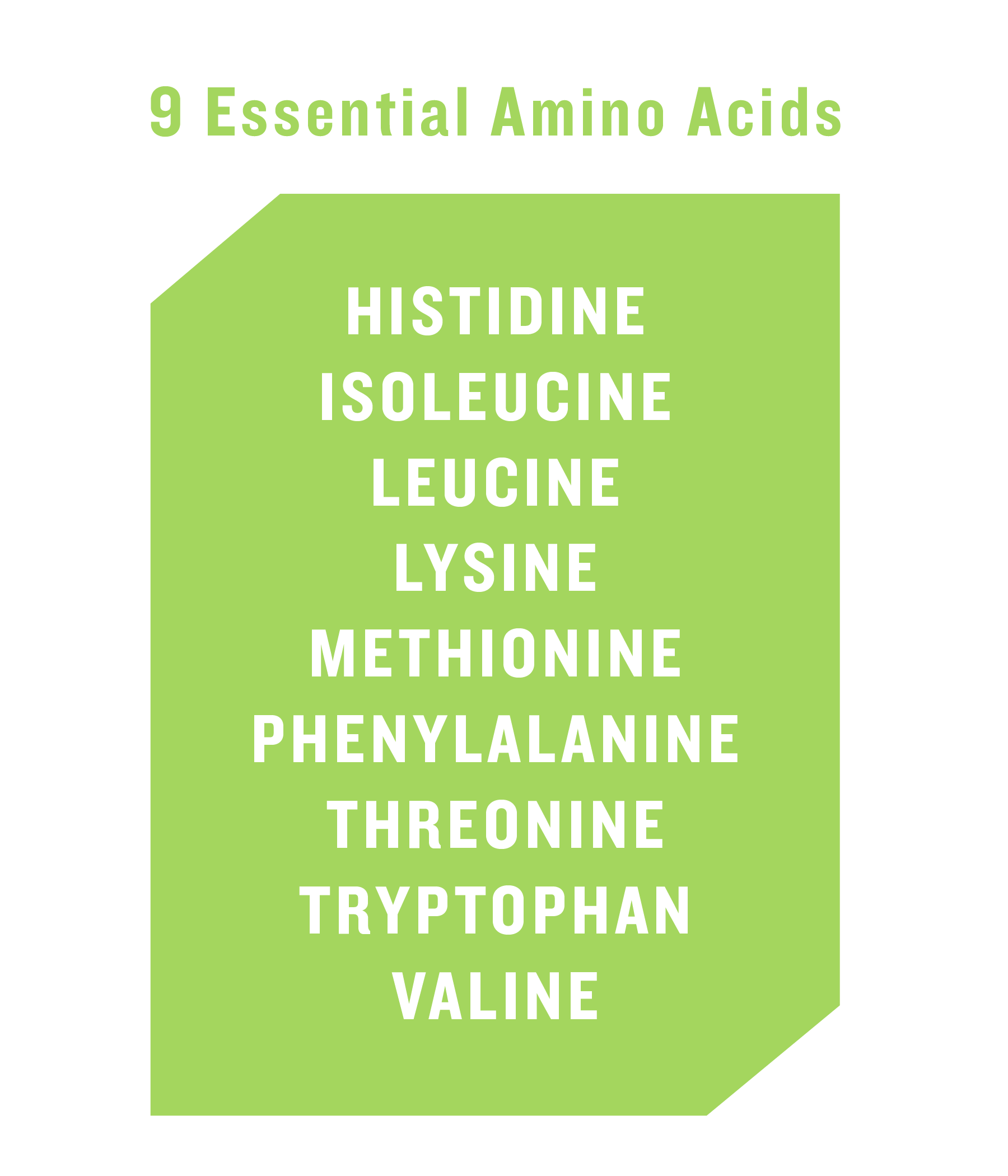Lindsey Ormond, Director of Research & Development
Recent Posts
NutriPRO™ Ingredients: Enhancing Health, Wellbeing, and Performance
Posted by Lindsey Ormond, Director of Research & Development on Feb 17, 2023 5:03:29 PM
As a leader of dairy ingredient innovation, Milk Specialties Global is constantly developing and improving their product range to benefit both our customers and the consumer. Whether it be to improve processing, sensory characteristics, or bringing new health benefits to the market, the launch of our NutriPRO range is a prime example of the team’s relentless pursuit of innovative, tailored solutions to satisfy consumer desires and trends.
Read MoreTopics: HUMAN NUTRITION
Enhancing Weight Management with Whey Protein and Alpha-lactalbumin
Posted by Lindsey Ormond, Director of Research & Development on Dec 20, 2022 3:46:04 PM
Topics: HUMAN NUTRITION
CASEIN: THE SLOW PROTEIN FOR OVERNIGHT RECOVERY AND MUSCLE SUPPORT
Posted by Lindsey Ormond, Director of Research & Development on Jul 21, 2022 6:47:30 PM
Casein makes up 80% of the protein in milk (whey being the other 20%) and has gained more attention in recent years for its nutritional and functional benefits.
Read MoreProtein: Back to Basics
Posted by Lindsey Ormond, Director of Research & Development on Jun 21, 2022 4:47:37 PM
Topics: HUMAN NUTRITION
CAN LACTOSE BE A GOOD FUEL SOURCE FOR ATHLETES?
Posted by Lindsey Ormond, Director of Research & Development on Feb 9, 2022 4:27:56 PM
Our bodies utilize carbohydrates both from the diet (exogenous), and our body stores to provide energy for exercise, particularly prolonged endurance exercise. Carbohydrate is stored in our liver and muscles in the form of glycogen, but there is a limit to how much can be stored. When endogenous stores are depleted, fatigue kicks in and athletes can “hit the wall” if exogenous sources aren’t available. Delaying the depletion of the body’s carbohydrate stores by consuming carbohydrate during exercise is a beneficial tactic for prolonging and enhancing exercise performance. Increasing the use of fat as a fuel (fat oxidation) may also be beneficial for improving exercise performance and delaying depletion of the body’s carbohydrate stores.
Read MoreTopics: HUMAN NUTRITION
WHEY CAN INCREASE PROTEIN LEVELS WITHOUT NEGATIVELY IMPACTING OVERALL DIETARY INTAKE IN OLDER ADULTS
Posted by Lindsey Ormond, Director of Research & Development on Dec 23, 2021 9:39:07 AM
Sarcopenia – the loss of muscle mass and strength that occurs naturally with aging – can be mitigated by ensuring sufficient protein intake. Reducing the rate of muscle loss is a key factor for maintaining a free and active lifestyle in the advancing years. However, since protein is the most satiating nutrient and appetite diminishes with age, it could be supposed that adding more protein to the diet could lead to an overall reduction in calorie and nutrient intake at a time when they are critical.
Read MoreTopics: HUMAN NUTRITION
LACTOFERRIN’S ROLE IN IMMUNE SUPPORT
Posted by Lindsey Ormond, Director of Research & Development on May 6, 2021 3:28:40 PM
Topics: HUMAN NUTRITION
THE PROTEINS IN MILK
Posted by Lindsey Ormond, Director of Research & Development on Apr 17, 2020 11:50:05 AM
Milk contains two main types of proteins – casein and whey. Casein accounts for 80% of the protein in milk, while whey contributes around 20%.
Read MoreTopics: HUMAN NUTRITION
NOT ALL PROTEINS ARE CREATED EQUAL
Posted by Lindsey Ormond, Director of Research & Development on Mar 19, 2020 12:59:11 PM
Consumers are waking up to the benefits that dietary protein can provide. From endurance athletes, and weekend warriors, to those in their advancing years, however, not all proteins are created equal. When it comes to the composition of amino acids in protein, some sources of protein over others are better at meeting human requirements.
Proteins are composed of building blocks called amino acids, which are then joined together by peptide bonds to create larger peptide units. There are 20 amino acids in the diet, 9 of which are essential, meaning they must be consumed in the diet as the human body cannot synthesize them itself. Protein quality is assessed based on the amino acid composition of a protein, its ability to satisfy protein requirements, and how well it is absorbed by the body.
Read MoreTopics: HUMAN NUTRITION









